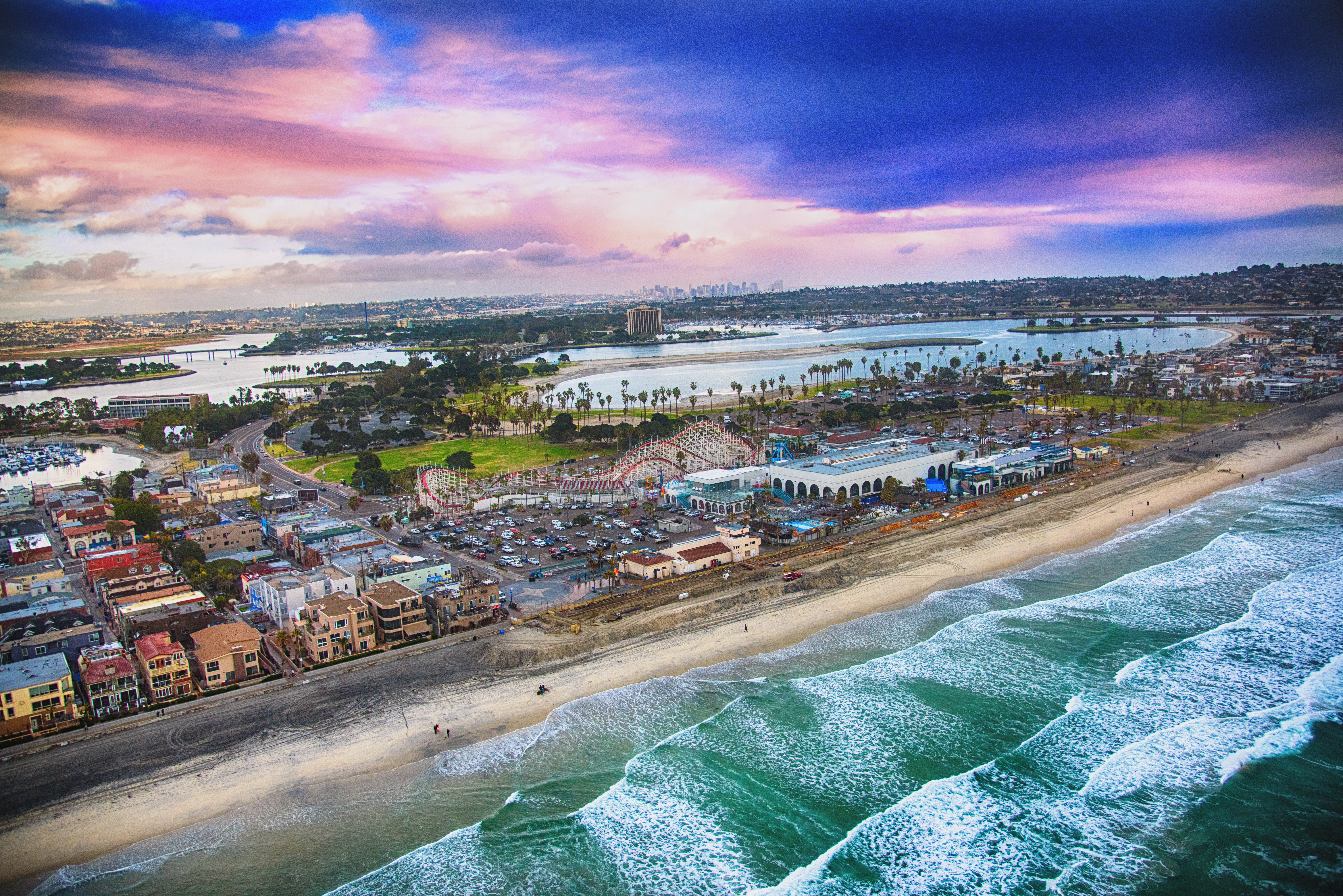Renato Palisoc has worked at the Hilton Bayfront in San Diego for 16 years. He said wages have gone up incrementally during that time, but the cost of living in California has increased exponentially.
California's current $16 minimum wage is more than twice the federal minimum wage, which is $7.25. Even so, minimum wage workers in California come up about $20,000 short of the annual average cost of living in the Golden State.
“I live with my brothers because I don't think I can afford to rent my own apartment because the cost of living is very, very expensive," Palisoc said.
Palisoc is pushing for Prop 32 to pass in November. While the wage hike would be dollars in the right direction, he said, it is still not enough to offset the rising cost of living. Should voters approve Prop 32, it would be the first statewide wage hike in nearly a decade.
Get top local stories in San Diego delivered to you every morning. >Sign up for NBC San Diego's News Headlines newsletter.
However, those are the kind of inflation concerns that make John Kabateck wary of Prop 32. He is California's state representative in the National Federation of Independent Business, which opposes the measure.
“Let's give small business owners a chance to crawl out of that hole. But taking minimum wage up to $18 an hour, it's making it more difficult for other small businesses to compete,” said Kabateck.
Although small businesses are struggling to staff up, Kabateck said there is a steep cost to blanket higher wages.
Local
“The very people who are feeling the biggest fallout of this are these young workers who are trying to find jobs, not just summer jobs, long term jobs, but that's not going to happen when we're seeing businesses shut down,” Kabateck said.
Palisoc wonders if he would be better off moving somewhere more affordable.
“San Diego is a beautiful place," Palisoc said. "Everything is really good. View. The weather. Everything except for the cost of living."



